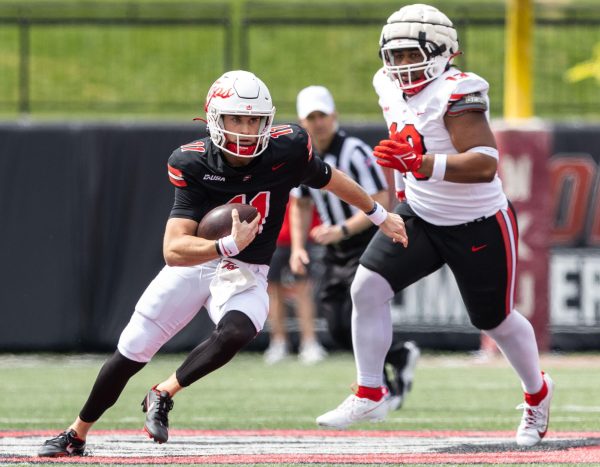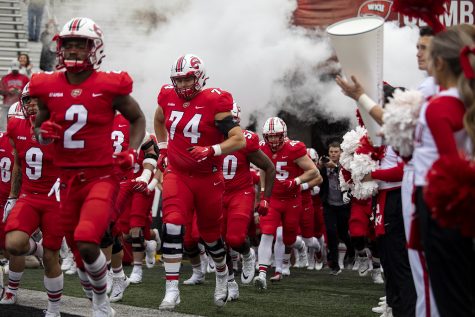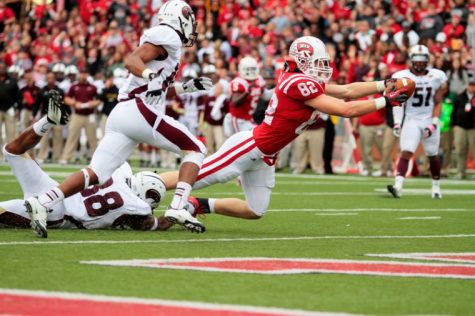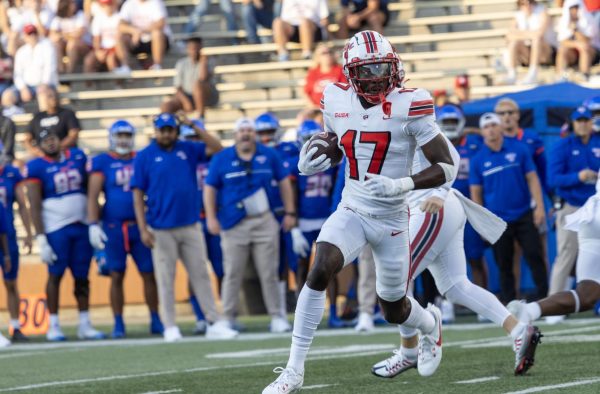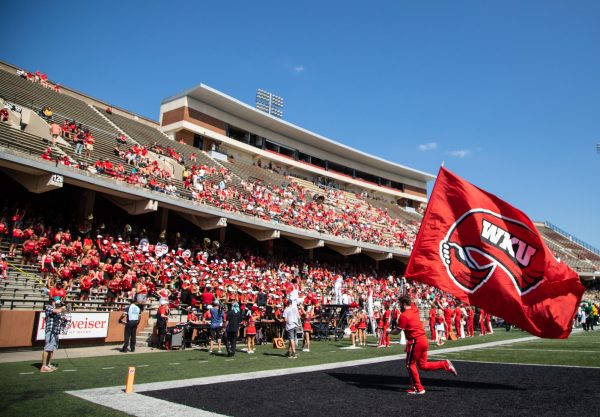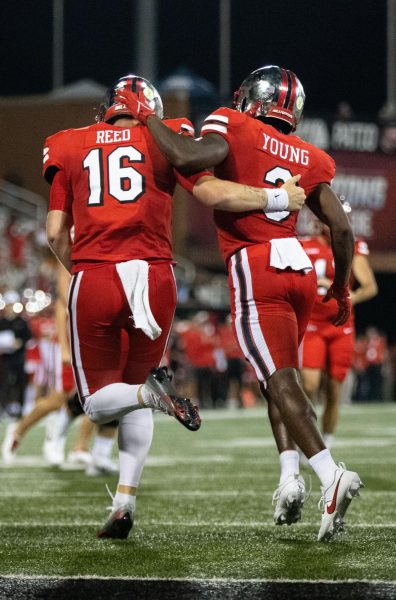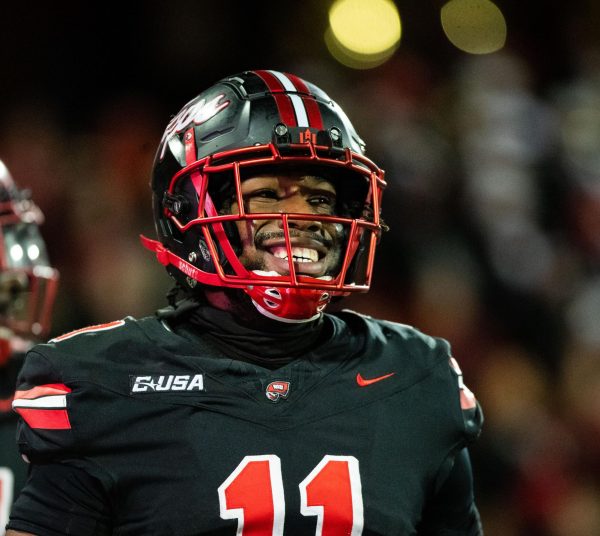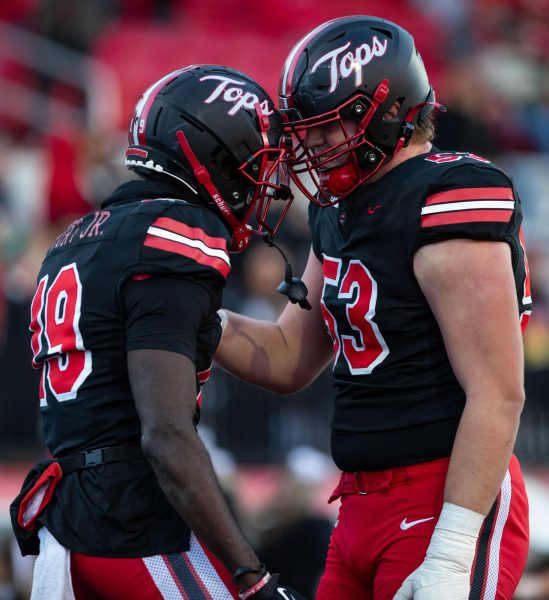WKU’s money games a necessary evil with low-revenue program
September 3, 2010
What’s the price of starting the 2010 college football season off on the right foot? Nebraska officials will tell you about $800,000.
That’s the amount the Huskers will fork over to WKU in exchange for Saturday’s probable Topper loss. Nebraska’s national title hopes will live on, and in exchange, so will WKU football.
Naturally, it appears that WKU’s football program is rolling in cash. The Toppers were awarded at least $500,000 for money games in each of the past three seasons, and a 2011 contest at LSU will guarantee a $900,000 payday.
But Todd Stewart, senior associate athletic director, said WKU’s football budget includes more than half a million dollars a year that depends on money games like the one at Nebraska this Saturday.
“If we were to hypothetically stop playing this game, that would be a revenue shortfall,” Stewart said. “We’d have to come up with that money from somewhere else, so I don’t envision us not playing at least one of these. I really don’t.”
It’s the nature of the game in college football, which doesn’t allow for title contenders to lose and makes winning non-conference games tough for the WKUs of the world.
Nebraska needs an easy win. WKU needs an easy payday. Both programs live to see week two.
The situation isn’t ideal for the spirit of competition, but it’s truly a necessary evil.
While those statements may place guaranteed games in a negative light, consider this: Stewart said the artificial surface at Smith Stadium was directly paid for by the Toppers’ 2008 game at Virginia Tech.
“Money is crucial,” Stewart said. “Money makes a lot of things happen.”
And that money isn’t coming from current season tickets, which go for as little as $30 a season and number fewer than 10,000 sold. It’s not coming from the Sun Belt Conference either, as revenue sharing between teams in the league isn’t close to what, say, Nebraska will earn from the Big 12 this season.
So it’s a money game a season or, at some point, no more games when the green is gone.
WKU could theoretically outgrow playing these guaranteed games down the road. But at the pace the program is moving now, with a 20-game losing streak, those days are far ahead.
That’s not to say that the only benefits lie in money gained. Nebraska coach Bo Pelini talked about WKU on the Jim Rome Show Wednesday, and the longer the Huskers’ quarterback controversy lingers, the more times WKU earns a mention in a national story.
That sort of exposure, at least at some point, will benefit a WKU football program that wins and recruits the whole country. So will the money that built a stadium and a team on the FBS level. And maybe at some point, WKU will win one of these guaranteed games.
But with that would come a new challenge: finding a program willing to play a money game against a proven giant killer. Because in WKU’s case, guaranteed games are a necessary evil.















